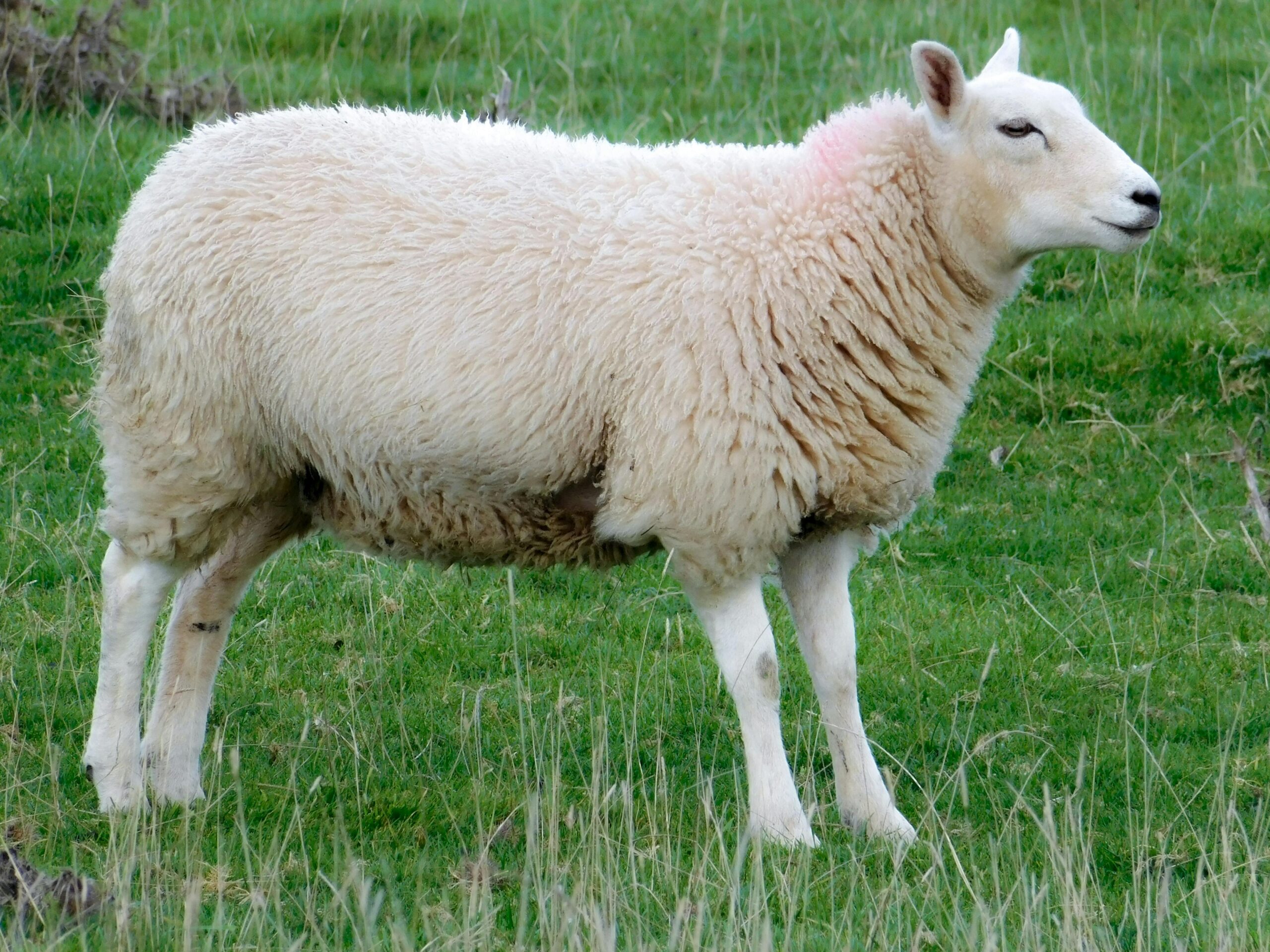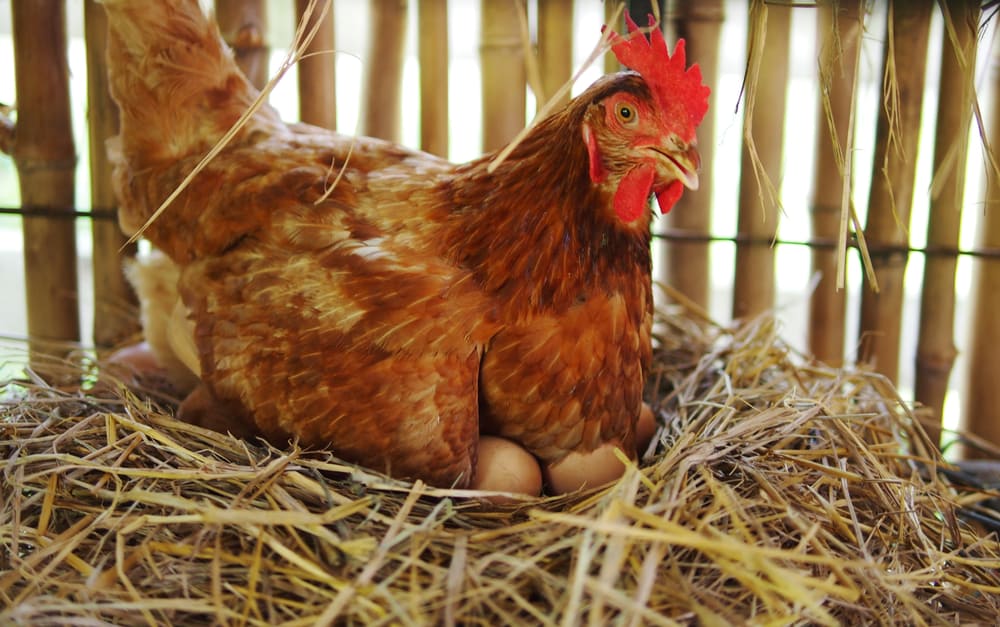Sheep: Understanding Their Role in History, Farming, and Everyday Life?
Introduction
Sheep have been an essential part of human civilization for thousands of years, providing wool, meat, and milk. These domesticated ruminants play a crucial role in agriculture, economies, and even cultural traditions worldwide. This article delves into the fascinating world of sheep, covering their history, farming practices, breeds, economic impact, and ecological importance.
The History of Sheep Domestication
Sheep were among the first animals domesticated by humans, with evidence suggesting their domestication occurred around 10,000 years ago in the Fertile Crescent. Initially, they were primarily raised for meat, but over time, wool production became a significant aspect of their farming. The development of selective breeding led to the creation of various sheep breeds, each suited to specific climates and agricultural needs.
Ancient civilizations, such as the Egyptians and Mesopotamians, relied heavily on sheep for clothing, food, and trade. Wool production expanded throughout Europe and Asia, making sheep a central part of economic and social structures. By the Middle Ages, wool became one of the most valuable commodities in Europe, particularly in England, which still has a rich tradition in wool production.
Popular Sheep Breeds Worldwide
There are over 1,000 breeds of sheep worldwide, each possessing unique characteristics. Some of the most well-known breeds include:
Merino Sheep
- Origin: Spain
- Known for: High-quality fine wool
- Popular in: Australia and New Zealand
Suffolk Sheep
- Origin: England
- Known for: Excellent meat production
- Popular in: United States and UK
Dorper Sheep
- Origin: South Africa
- Known for: Adaptability to dry climates and high meat yield
- Popular in: Africa and Australia
Rambouillet Sheep
- Origin: France
- Known for: Fine wool and meat production
- Popular in: United States and Europe
Each breed serves a particular purpose, whether it’s wool production, meat yield, or adaptability to harsh environments.
The Role of Sheep in Agriculture
Sheep play a significant role in sustainable agriculture and rural economies. Their contributions include:
Wool Production
Wool is one of the most valuable products obtained from sheep. It is used for making textiles, carpets, and even insulation materials. Countries like Australia and New Zealand lead the world in wool production, with Merino wool being highly sought after for its softness and durability.
Meat Production
Sheep meat, including lamb and mutton, is consumed worldwide. Lamb is especially popular in Middle Eastern, Mediterranean, and Indian cuisines. Mutton, obtained from older sheep, is commonly used in stews and slow-cooked dishes.
Milk Production
Although less common than cow’s milk, sheep’s milk is rich in nutrients and is used to produce high-quality cheeses such as Roquefort, Manchego, and Pecorino Romano.
Ecological Benefits
Sheep grazing helps in maintaining pastures and preventing wildfires by reducing excess vegetation. They are also used in regenerative agriculture, improving soil fertility through natural manure deposition.
Sheep Farming Practices
Sheep farming varies across regions, depending on climate, available resources, and farming objectives. The primary farming methods include:
Pasture-Based Farming
This traditional method allows sheep to graze freely on open pastures. It is cost-effective and ensures a natural diet, leading to high-quality meat and wool.
Intensive Farming
In this system, sheep are raised in confined spaces with controlled feeding. It maximizes production but requires careful management to ensure animal welfare.
Organic Sheep Farming
A growing trend in sustainable agriculture, organic sheep farming avoids synthetic chemicals, providing healthier meat and wool while maintaining environmental integrity.
The Economic Importance of Sheep
Sheep contribute significantly to global economies, particularly in rural areas. The sheep industry supports thousands of farmers, wool traders, and meat processors. Key economic benefits include:
- Employment generation in wool and meat processing industries
- Exports of wool, meat, and dairy products
- Tourism related to sheep farming and rural experiences, such as lambing weekends in the UK
Countries such as Australia, New Zealand, China, and the United Kingdom dominate the sheep industry, supplying wool and meat to global markets.
Challenges in Sheep Farming
Despite their benefits, sheep farming comes with challenges, including:
Predators
Wolves, coyotes, and stray dogs pose significant threats to sheep, requiring farmers to invest in protection measures such as fencing and guarding animals.
Diseases
Sheep are susceptible to diseases like foot rot, parasites, and respiratory infections. Regular veterinary care and proper management are essential to maintaining healthy flocks.
Climate Change
Extreme weather conditions impact grazing lands, water availability, and overall farm productivity. Sustainable practices and resilient breeding programs help mitigate these effects.
The Future of Sheep Farming
With advancements in technology, sheep farming is evolving to meet modern demands. Innovations such as genetic selection, smart farming tools, and data analytics improve breeding efficiency, disease detection, and farm productivity.
Additionally, there is growing interest in ethical and sustainable farming practices, leading to increased demand for organic wool and free-range meat products.
Conclusion
Sheep have been an integral part of human civilization for millennia, providing essential resources like wool, meat, and milk. Their role in sustainable agriculture, economic contributions, and cultural significance make them one of the most valuable livestock species. While challenges exist, technological advancements and sustainable practices continue to enhance sheep farming, ensuring its relevance in the modern world.
You may also read: Trump Crypto: Donald Trump’s Stance on Cryptocurrency and Its Impact?











